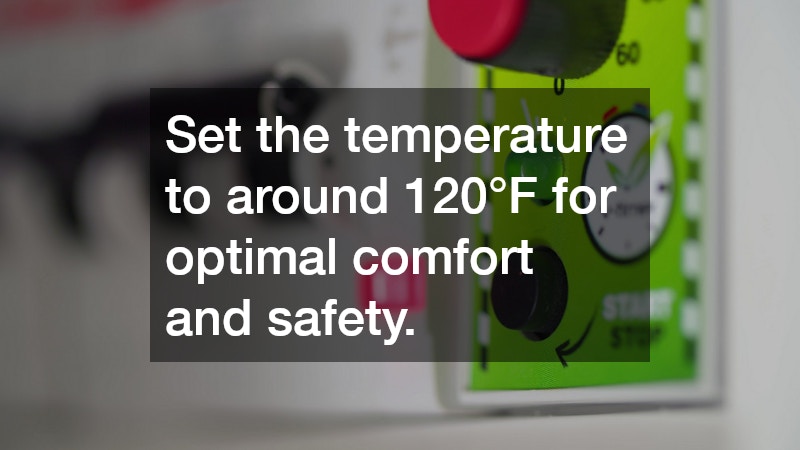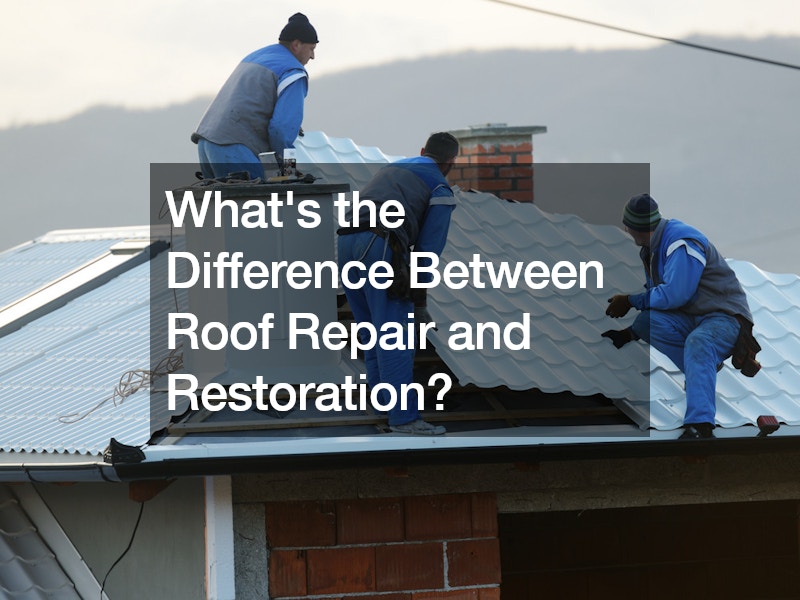A reliable water heater is essential for modern living—providing comfort, efficiency, and convenience in daily routines. Whether it’s for a morning shower or doing laundry, a properly installed water heater makes a world of difference. Yet, the quality of the installation can determine how long your system lasts and how well it performs. That’s where professional water heater installation companies come in. This guide will walk you through everything you need to know about choosing, hiring, and working with the right company for your home or business needs.
Understanding Your Water Heater Options
Before hiring a professional, it’s important to understand what type of water heater you have—or want to install. Today’s market offers several types of systems, each with its pros and cons.
1. Traditional tank water heaters: These are the most common systems, storing hot water in an insulated tank until needed.
2. Tankless water heaters: Also known as on-demand water heaters, these systems heat water only when you need it. They’re compact, energy-efficient, and provide an endless hot water supply, but they usually cost more to install initially.
3. Heat pump water heaters: These units use electricity to move heat from the air or ground into the water, offering incredible energy efficiency. They work best in mild climates and can significantly reduce energy bills.
4. Solar water heaters: Ideal for eco-conscious homeowners, solar systems use energy from the sun to heat water. They’re cost-effective in sunny regions but may require a backup system for cloudy days.
Understanding your options helps you communicate better with your installer and ensures you choose the best system for your household’s size, energy source, and long-term goals.
What to Look for in a Professional Installer
Not all water heater installation companies are created equal. The right installer will not only ensure your unit operates safely and efficiently but can also help you avoid costly repairs down the line. Here’s what to consider when choosing a company:
1. Licensing and certifications: Always verify that the company holds the proper state or local licenses. Certified technicians have undergone the necessary training and adhere to safety and building codes.
2. Experience and specialization: Look for companies with several years of experience and expertise in installing the specific type of system you need. For example, tankless systems often require specialized training.
3. Reputation and reviews: Check online reviews, testimonials, and ratings on trusted platforms like Google, Yelp, or the Better Business Bureau. A strong reputation is often a sign of reliable service.
4. Transparent pricing: A trustworthy installer provides a clear, itemized estimate upfront—covering labor, parts, and any potential additional costs. Avoid companies that give vague or unusually low quotes.
Selecting a qualified professional not only ensures a smooth installation process but also maximizes your water heater’s lifespan and performance.
The Installation Process: What to Expect
Understanding the installation process helps you prepare your home and know what to expect from start to finish. While every project is slightly different depending on the unit type and location, most follow these key steps:
1. Assessment and preparation: The installer will first evaluate your existing plumbing, electrical setup, and venting (if applicable). They’ll also check if your home meets local code requirements.
2. Removal of the old unit: If replacing an existing water heater, the old one will be safely drained, disconnected, and removed. This step may include managing old pipes, fittings, or sediment buildup.
3. Installation of the new system: The technician will position the new water heater, connect the water and energy lines, and ensure proper venting. For tankless or advanced systems, this step may involve additional plumbing or wiring.
4. Testing and inspection: Once installed, the system will be filled, tested for leaks, and adjusted to the optimal temperature. The technician will verify that the water heater operates efficiently and safely.
A professional installation can typically be completed within a few hours, although more complex setups—such as tankless or solar systems—may take longer.
Maintenance Tips for Longevity and Efficiency
Installing a new water heater is only the first step. Regular maintenance ensures it runs efficiently and lasts as long as possible. Here are a few expert tips to keep your system in top shape:
1. Flush the tank annually: Sediment buildup can cause your water heater to work harder, reducing efficiency and lifespan. Flushing it once a year helps prevent these issues.
2. Check the pressure relief valve: This safety feature prevents excess pressure inside the tank. Test it yearly to make sure it’s working properly.
3. Inspect for leaks and corrosion: Periodically check the area around your water heater for signs of moisture or rust. Early detection can prevent major problems later.
4. Adjust the thermostat: Set the temperature to around 120°F for optimal comfort and safety. This also helps conserve energy and lower utility bills.
Following these maintenance practices can extend your system’s lifespan by several years and help maintain consistent performance.
A properly installed and well-maintained water heater is vital for both comfort and efficiency. Choosing the right installer plays a huge role in that outcome. Professional water heater installation companies bring the expertise, tools, and experience necessary to ensure your system runs safely and effectively for years to come.





